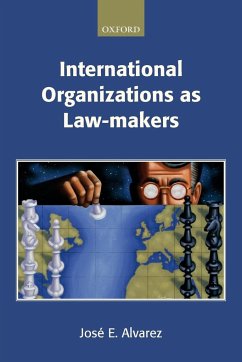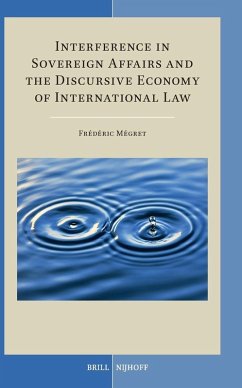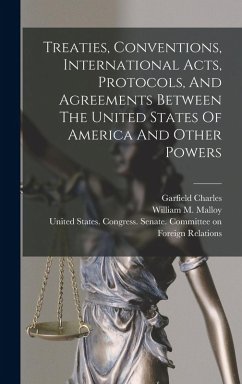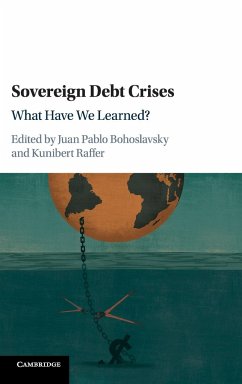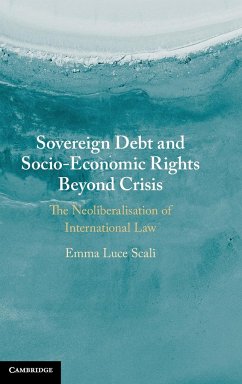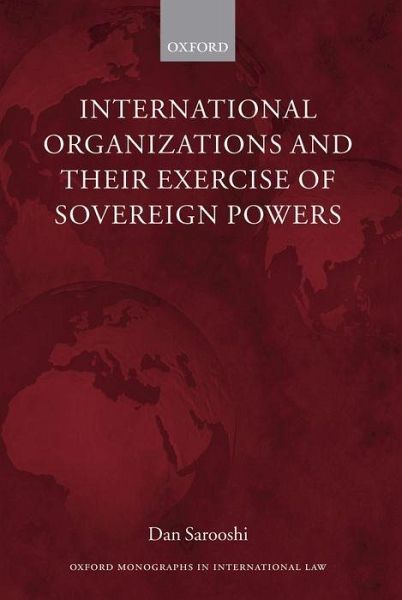
International Organizations and Their Exercise of Sovereign Powers

PAYBACK Punkte
80 °P sammeln!
These include: When an international organization exercises conferred powers, does it do so on its own behalf or on behalf of the State? Whose legal relations are changed by the exercise of powers: the State's or the organization's? In the case where the State has retained the right to exercise powers it has conferred on an organization, whose interpretation of the powers will prevail in the case of a conflict that arises from the concurrent exercise of powers? What fiduciary duties are owed by the organization and Member States towards each other? And who is responsible for breaches of international law that may occur as a result of the organization's exercise of conferred powers: the State or the organization or both? These issues lead on to a consideration in the book of the measures available to a State under international law when it wants to try and change the way that an organization is exercising conferred powers.
This book provides a conceptual and legal analysis of one of the most important challenges facing international organizations today: their exercise of sovereign powers. The book examines the exercise of sovereign powers by organizations such as the United Nations, the World Trade Organization, and the European Union. It makes a significant contribution to the content of the law that governs both the exercise of sovereign powers by international organizations and the relationships between organizations and their Member States. The book also tackles the fundamental question of what values should constrain international organizations in their exercise of sovereign powers.






